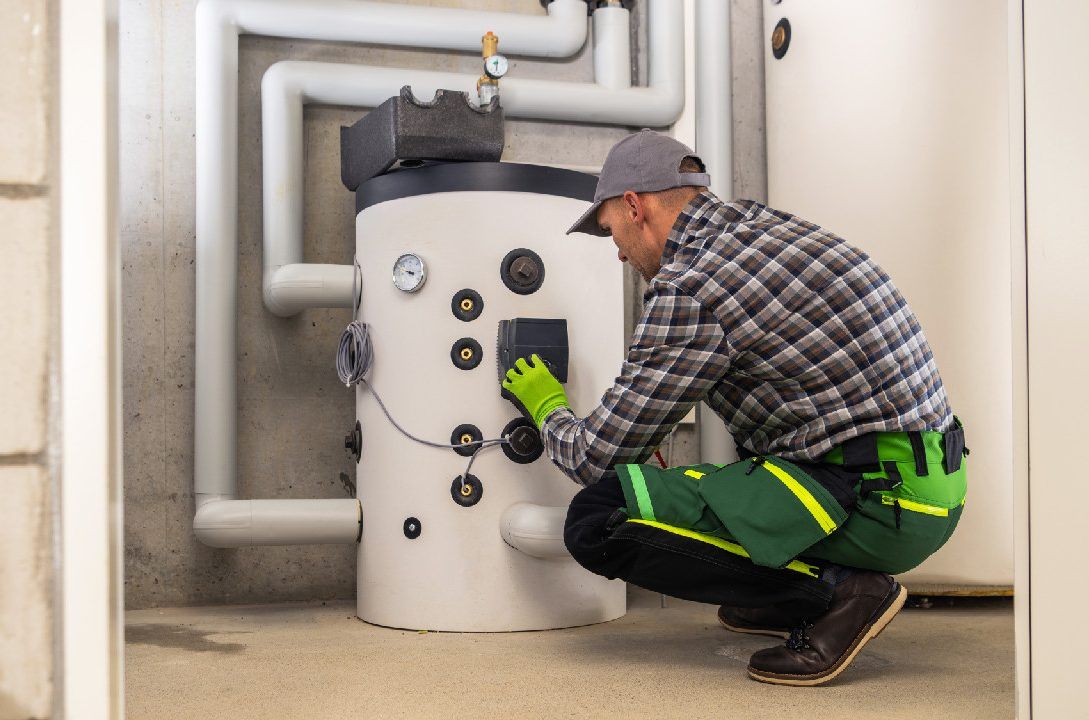Heating, Ventilation, and Air Conditioning (HVAC) systems have become an integral part of our modern lives, providing comfort and maintaining optimal indoor environments. As technology continues to advance, HVAC systems are evolving to meet the growing demands for energy efficiency, sustainability, and personalized comfort.
In this blog post, we will explore the future of HVAC technology and the key trends that will shape its development in the years to come.
- Energy Efficiency and Sustainability: With a growing focus on environmental sustainability, future HVAC systems will prioritize energy efficiency and reduced carbon footprint. Advancements in sensor technology, data analytics, and control systems will enable HVAC systems to optimize energy consumption based on real-time conditions, occupancy levels, and weather patterns. Integration with renewable energy sources, such as solar and geothermal systems, will further enhance the eco-friendliness of HVAC systems.
- Smart and Connected HVAC Systems: The rise of the Internet of Things (IoT) and smart home technologies will revolutionize HVAC systems, making them more intelligent and interconnected. Smart thermostats and sensors will monitor occupancy, temperature, and air quality, adjusting settings automatically to maintain optimal comfort and energy efficiency. Integration with voice assistants and mobile applications will allow users to control and monitor their HVAC systems remotely, offering personalized comfort and convenience.
- Air Quality Enhancement: Future HVAC systems will focus on improving indoor air quality (IAQ) by integrating advanced filtration systems and air purification technologies. With growing concerns about allergens, pollutants, and airborne pathogens, HVAC systems will incorporate filters capable of capturing microscopic particles and UV-C germicidal lights to neutralize viruses and bacteria. Real-time monitoring of IAQ will enable HVAC systems to adjust ventilation rates and filtration levels to maintain healthier indoor environments.
- Heat Pump Technology: Heat pump technology is gaining popularity as an energy-efficient alternative to traditional HVAC systems. Heat pumps use refrigerant cycles to transfer heat between indoor and outdoor environments, providing both heating and cooling capabilities. As heat pump technology advances, systems will become more efficient, quieter, and capable of operating in extreme weather conditions. This trend will contribute to reducing reliance on fossil fuel-based heating systems and lowering greenhouse gas emissions.
- Artificial Intelligence and Machine Learning: Artificial intelligence (AI) and machine learning algorithms will play a significant role in optimizing HVAC system performance. These technologies can analyze vast amounts of data, identify patterns, and make predictive adjustments to enhance energy efficiency and comfort. AI-powered HVAC systems will learn user preferences, adapt to changing conditions, and continuously optimize performance to deliver personalized comfort and cost savings.
- Augmented Reality and Virtual Reality Applications: Augmented reality (AR) and virtual reality (VR) technologies will have a profound impact on HVAC system design, installation, and maintenance. Engineers and technicians can use AR/VR to visualize HVAC systems, simulate performance, and identify potential issues before installation. Maintenance and troubleshooting processes will be streamlined through virtual walkthroughs and real-time guidance, reducing downtime and improving service efficiency.
- Integration with Building Automation Systems: HVAC systems will be increasingly integrated with building automation systems (BAS) to create smarter, more efficient buildings. BAS will centralize control of HVAC, lighting, security, and other building systems, allowing for synchronized operation and energy optimization. By sharing data and coordinating actions, HVAC systems will contribute to broader building management strategies, resulting in enhanced energy efficiency, occupant comfort, and overall building performance.
Conclusion
The future of HVAC technology promises exciting advancements that will revolutionize the way we control and maintain indoor environments. Energy efficiency, sustainability, smart connectivity, air quality enhancement, heat pump technology, artificial intelligence, and AR/VR applications are driving the evolution of HVAC systems. By embracing these trends, we can expect HVAC systems to become more efficient, environmentally friendly, and tailored to individual preferences. The integration of advanced technologies will not only enhance comfort and convenience but also contribute to reducing energy consumption, lowering costs, and creating healthier indoor environments for a more sustainable future.
Related Posts:
Get Started with a free 15 -day trial
No credit card required for Trial Plan
Continue using starter plan for free forever, after trial or upgrade to Premium Subscription






